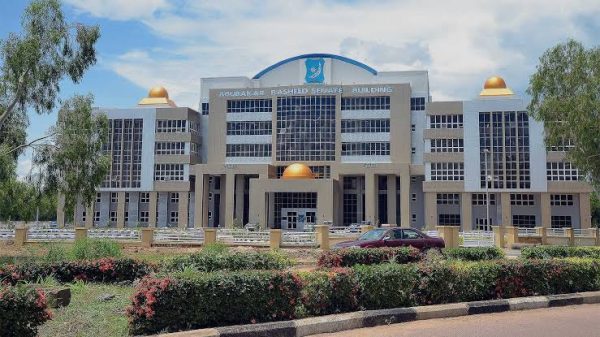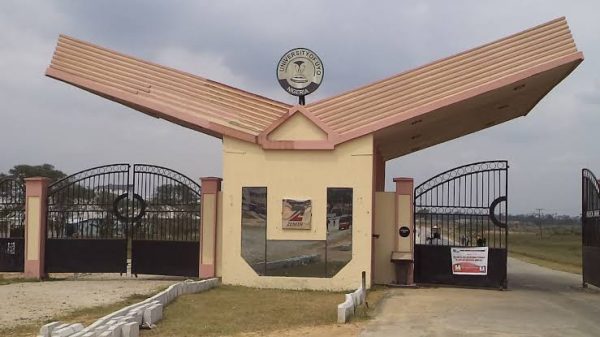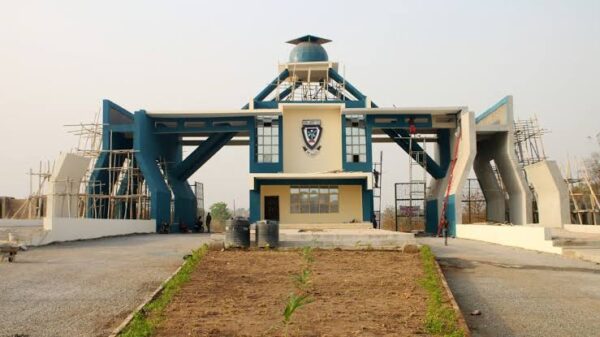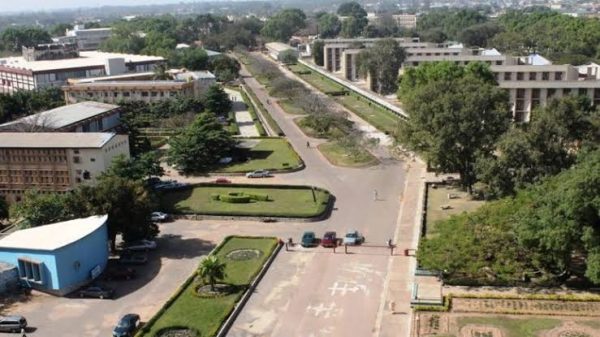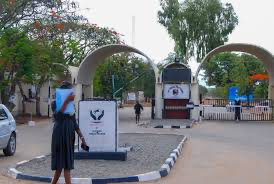Are You Looking For The Requirements To Study History And International Studies In UNICAL?
Studying history and international studies can open doors to a multitude of exciting career opportunities in the global arena.
The University of Calabar (UNICAL) offers a robust program that equips students with a deep understanding of historical events, global politics, and intercultural relations.
In this comprehensive guide, we will explore the requirements and pathways to pursue a degree in History and International Studies at UNICAL, ensuring you have a solid foundation for your academic journey.
1. Requirements To Study History And International Studies In UNICAL
The first step to studying History and International Studies at UNICAL is to enroll in the Bachelor’s degree program.
This four-year undergraduate program provides students with a broad knowledge base in historical analysis, international relations, political science, and cultural studies. To qualify for admission, prospective students must meet specific requirements:
a) Educational Requirements: Applicants must possess a minimum of five O’Level credit passes, including English Language, Mathematics, and three other relevant subjects in subjects such as History, Government, Literature in English, Geography, Economics, or a foreign language.
b) UTME Requirements: Aspiring students must sit for the Unified Tertiary Matriculation Examination (UTME) conducted by the Joint Admissions and Matriculation Board (JAMB). They must select UNICAL as their preferred institution and meet the required JAMB score for admission into the History and International Studies program.
c) Post-UTME Screening:
Candidates who meet the JAMB requirements will undergo a post-UTME screening exercise conducted by UNICAL. This typically involves a written examination and an oral interview.
2. Departmental Screening and Admission Process
After successfully completing the post-UTME screening, applicants will undergo a departmental screening process specific to the Department of History and International Studies at UNICAL.
This stage evaluates the candidate’s overall academic performance, communication skills, and aptitude for the chosen program. The department considers factors such as UTME score, post-UTME performance, and the candidate’s background in relevant subjects.
3. Course Structure and Curriculum
Once admitted into the program, students will embark on a comprehensive curriculum designed to provide a well-rounded education in History and International Studies.
The curriculum includes core courses, elective courses, and mandatory fieldwork or internship programs to enhance practical learning. Some of the core courses offered in the program are:
– Introduction to History
– Introduction to International Studies
– Global Politics and Diplomacy
– African History
– European History
– Economic History
– International Relations Theory
– Research Methodology
4. Electives and Specializations
In the latter years of the program, students have the opportunity to choose electives and specialize in specific areas of interest within History and International Studies. UNICAL offers a range of electives, allowing students to delve deeper into subjects such as:
– Diplomatic History
– International Law and Human Rights
– Globalization and Development
– Conflict and Security Studies
– Gender and Global Politics
– Political Economy
Students can select electives based on their career goals or personal interests, providing a tailored educational experience.
5. Capstone Project and Internship
As part of the program’s completion, students are required to undertake a capstone project, which involves original research and critical analysis of a chosen historical or international relations topic. This project showcases the student’s ability to conduct independent research and communicate their findings effectively.

